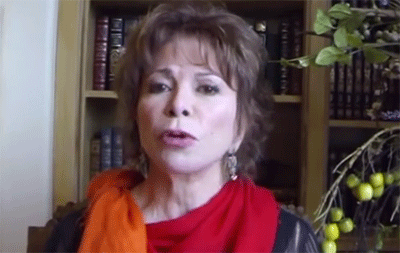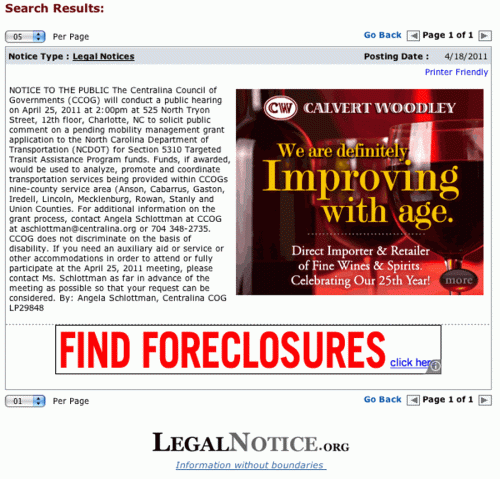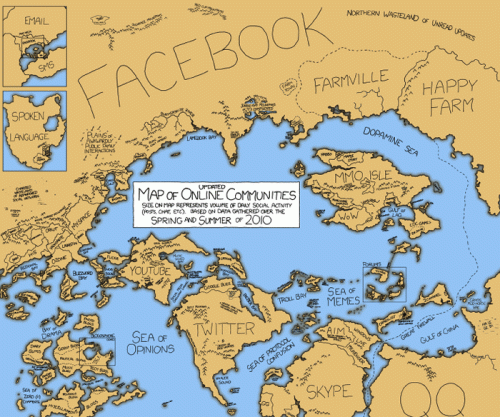Pam Kelley’s profile Sunday of John Fennebresque, the chairman of the system’s Board of Governors, gave me some insight into the system’s new leadership. Pam, also a longtime resident of North Carolina and the spouse of a professor, was the best person anywhere to write the profile. I’m glad she and The Charlotte Observer made the time to give N.C. residents a look at the system’s future.
In the profile, Fennebresque talks about replying to dozens of emails after the board’s decision to replace UNC system President Tom Ross. He also talks about receiving hate mail.
I wrote Fennebresque, and also every other member of the Board of Governors, in February about the closing of three centers at universities around the state. I received one perfunctory reply, not from Fennebresque.
If the UNC system plans to remain a university of the people, the board is going to need to work harder at proving it is not motivated by politics and that it can respond to the concerns of all the people of North Carolina. The current board members might not care one whit about my commitment to stay in North Carolina, nor my family’s future in this state. But to write off and ignore a large group of people like me will damage the university. The system needs to prove it still is the university of the people.
I encourage others who wrote Fennebresque and other board members to share their letters publicly and to say whether they received a response. Here’s my letter from February:
As a resident of North Carolina for almost 30 years, I’m registering my dismay at recommendations to close the University of North Carolina’s Center on Poverty, Work and Opportunity. I’d also like to register my dismay at plans to shut down the Institute for Civic Engagement and Social Change at N.C. Central University and calls for limiting the mission of the UNC Center for Civil Rights.
Poverty center
In addition to being a longtime resident of North Carolina because I believed in its commitment to education, I’m also a veteran journalist who has watched the dwindling of information about North Carolina as a whole. Traditional for-profit news organizations in the state depend on declining advertising revenue. They now have limited resources and are structurally unable to cover stories that do not appeal to populations without money to spend. That flaw in the marketplace leaves a hole in the state’s information ecosystem that is partially filled by the poverty center. The center’s mission and funding should increase, not decrease, at a time when poverty and lack of opportunity remain stubborn problems that the state needs to address.
Criticisms of the center include ad hominem attacks on Gene Nichol, claiming he and the center are partisan. Please look directly at his actions and words, and the products of the poverty center at its website, rather than at the partisan attacks calling him partisan. If, at times, his words have felt too directly aimed at current legislative leadership, Perhaps that issue is separate from a wholesale dismantling of a valuable center that serves a useful educational and civic information function.
In addition, the center has been criticized for hosting a conference on poverty in which some groups apparently felt excluded. Please look yourselves at the invitation list for that conference here – http://bit.ly/1EnEEBi – and weigh whether this list was inappropriate for its purpose. The list included the nonprofit N.C. Justice Center as well as mostly academic representatives. It appears partly that the partisan attacks on the center are designed to shut out a nonprofit center whose mission includes economic justice from future discussions with academics. I’d like you to consider the impact on free speech and philanthropy for the state if the board acquiesces to such attacks.N.C. Central’s Institute for Civic Engagement
Again, as commercial sources for information about civic engagement dwindle, a center whose mission seems to be encouraging people to vote and be involved in civic life of our state is crucial. Its role and funding should be increased, not decreased.UNC Center for Civil Rights
Criticism of this center focuses on its advocacy role in certain lawsuits. It’s particularly hypocritical that the criticism comes from a private lawyer on your board as well as from a University of Tennessee law professor and prolific blogger (Glenn Reynolds, aka Instapundit). Reynolds, in particular, works at a law school in a competing state which has long offered its own legal clinics that give law students practical experience. His desire to limit the UNC Law School’s ability to do the same, via his claim that UNC was “whoring out,” (link: http://bit.ly/1Ao8rrZ ) is not only offensive but also deeply hypocritical – and transparent.
By law, the center represents people who could not afford lawyers of their own. The state of North Carolina has recently been spending hundreds of thousands of dollars on lawsuits that do not represent my will as a state taxpayer – against equal marriage, against voting access and even soon perhaps against municipal broadband. To begrudge poor people, often people of color, access to legal representation is criminal. It creates a society in which justice only goes to those who can afford it. I’m not a fan of state money being spent on lawyers instead of solutions to problems, but sometimes the only access to fair treatment is through the courts. The center for civil rights helps level the playing field.Association with UNC
These centers get outside funding for much of their work, but their associations with the UNC system enable them to involve students in their activities, providing strong educational value. A direct look at the Center on Poverty’s website – through your own eyes, not filtered by partisan pundits – can show you how the center serves the state by contributing to the education of new leaders as well as plugging holes in civic information gaps. The Center for Civil Right’s role in training young lawyers through practical experience, while serving poor people who cannot afford private lawyers, is a double benefit to North Carolina. Clearly, at least one representative of a law school in a competing state (Glenn Reynolds) would be happy for UNC to dismantle practical learning opportunities for young lawyers. N.C. Central’s advocacy of voting is crucial to the future of our democracy, and an educational institution is an appropriate place to teach civic responsibility.The least of these
As you weigh your decisions, please think of Bill Friday and Dean Smith. In particular, please remember Kristen Smith’s speech about her father where she said he was inspired by the Gospel of Matthew, and the admonition to serve “the least of these.” Know that many longtime taxpayers like me are glad to fund such centers – even in small amounts by simply providing access to university facilities for meetings and providing students access to special projects. I am proud to have these centers associated with UNC campuses, and my pride in North Carolina’s commitment to education has kept me as a longtime resident and taxpayer. That pride extends throughout my family.Thank you for your time.
Andria Krewson







